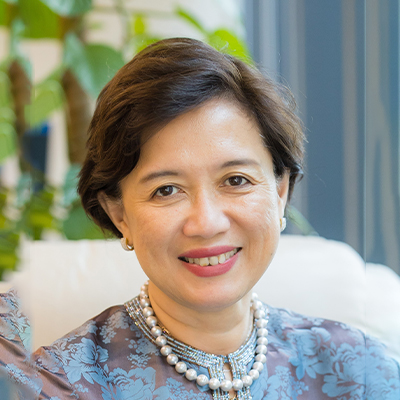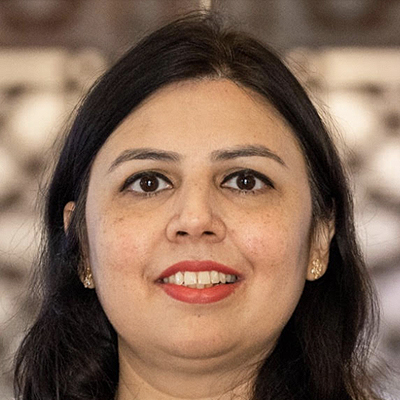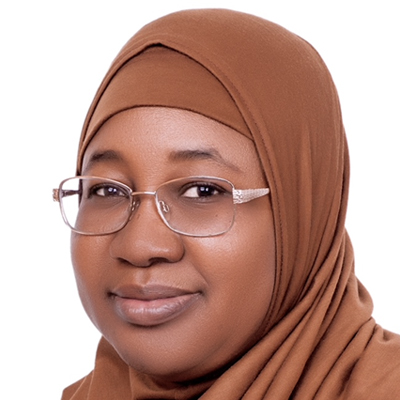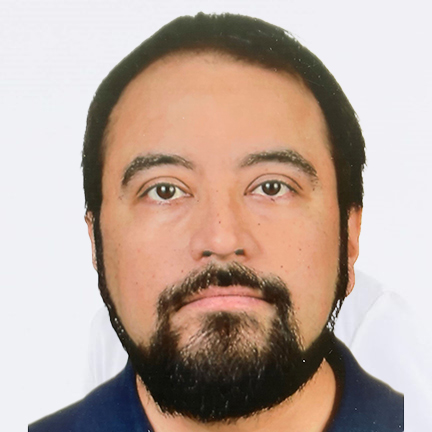Scientific Programme Committee

Adeeba Kamarulzaman
President & Pro Vice-Chancellor
Monash University Malaysia
Former ISID Executive Committee Member
Malaysia

Afreenish Amir
Project Director National Fungal Disease Surveillance System
National Institutes of Health
Emerging Leader, ISID
Pakistan

Aisha Abubakar
Manager of Scientific Programs, ISID
Nigeria

Elkin Bermudez
Manager of Scientific Programs, ISID
Colombia

Linda MacKinnon
Chief Executive Officer, ISID
United States

Paul Tambyah
Professor of Medicine
National University of Singapore
President, ISID
Singapore

Sally Roberts
Clinical Lead for Microbiology,
Te Whatu Ora (Health New Zealand), Te Toka Tumai Auckland District
President-Elect & Treasurer, ISID
New Zealand

Sean Wasserman
Reader in Infectious Diseases, Institute for Infection and Immunity
St George’s, University of London
Council Member, ISID
London

Shui Shan Lee
Professor of Infectious Diseases,
The Chinese University of Hong Kong
Editor-in-Chief IJID
Hong Kong, China

